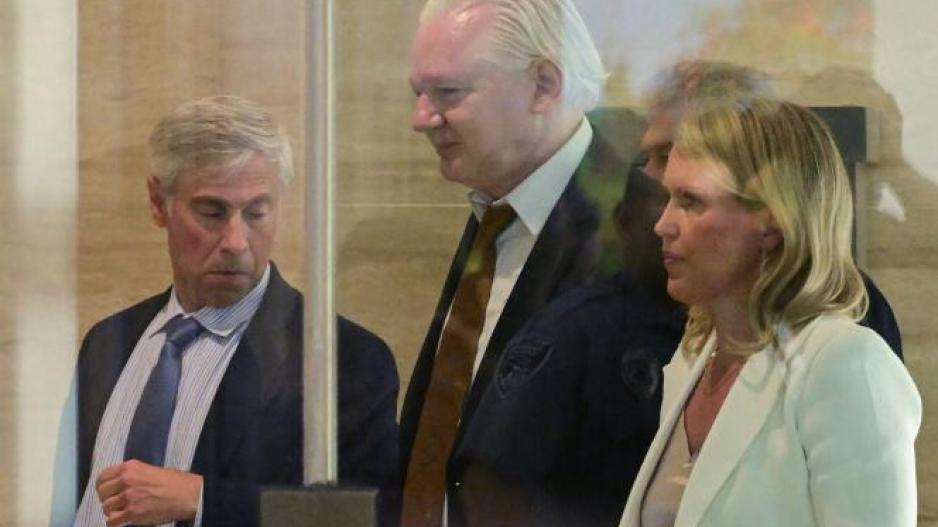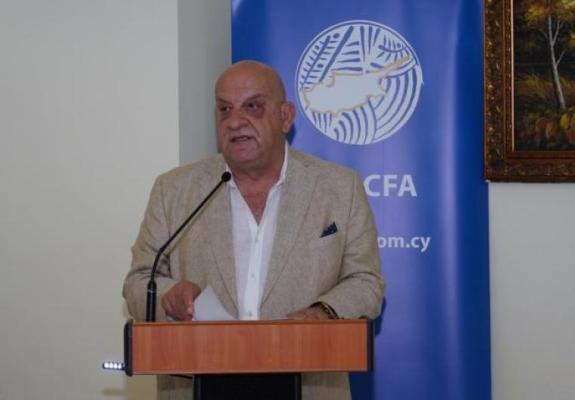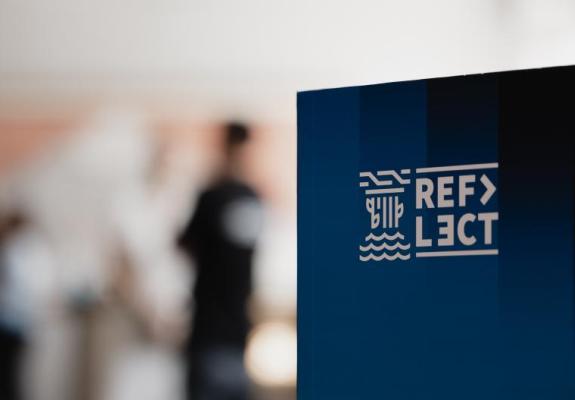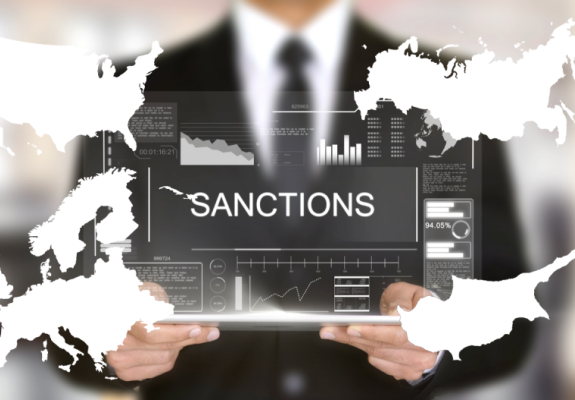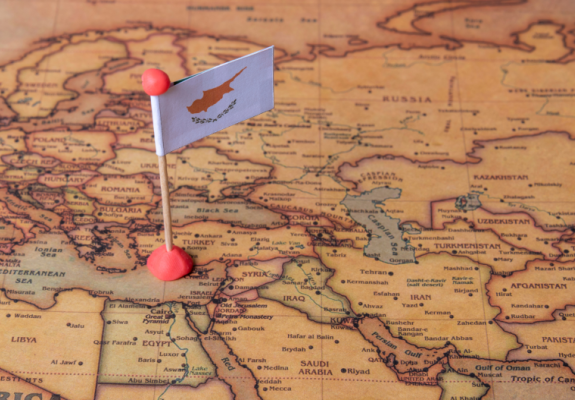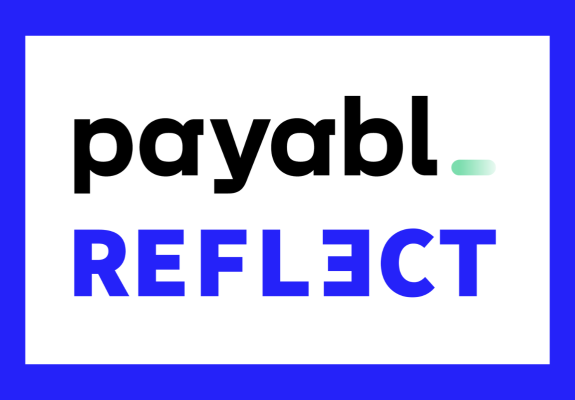Julian Assange Spends First Night of Freedom in Australia After 14 Years
Australian Lawmakers Had Been Calling for Assange’s Release for Years, With His Case Being One of the Few Points of Tension in U.S.-Australia Relations
Julian Assange spent his first night as a free man in his homeland of Australia yesterday after 14 years, although the opposition has warned the government against presenting the WikiLeaks founder as a hero.
Assange landed in Canberra on Wednesday evening (local time), where he was greeted by his excited wife Stella, his father John Shipton, and several supporters. Earlier, he had pleaded guilty to violating espionage laws in a U.S. federal court on Saipan, a Pacific island. The judge subsequently released him.
Stella Assange stated that it is too early to say what Julian will do next and requested that his privacy be respected. "Julian plans to swim in the ocean every day. He plans to sleep in a real bed. He plans to enjoy real food and savor his freedom," she told reporters today. She reiterated her plea for a pardon from the U.S. President.
Supporters of Assange and advocates of free speech consider him a hero for exposing illegal activities by the U.S. military, including in Afghanistan and Iraq, through WikiLeaks' publication of thousands of classified military and diplomatic documents in 2010.
However, the U.S. government has long condemned these actions as reckless, claiming they endangered lives. Assange has not made any public statements since his release.
Overnight, a judge in Virginia, USA, formally dropped the remaining 17 charges against him, which could have led to a prison sentence of up to 175 years. Australian lawmakers had been calling for Assange's release for years, with his case being one of the few points of tension in U.S.-Australia relations.
"For some time now, Julian Assange's imprisonment has been a thorn in the side of this relationship," said Andrew Wilkie, an independent MP and co-chair of the parliamentary committee supporting Assange's release. Now that it is resolved, there is no reason not to be optimistic about the bilateral relationship. The thorn has been removed," he added.
Assange remained holed up in the Ecuadorian embassy in London for seven years to avoid extradition to Sweden, where he was accused of sexual assault. The charges were later dropped. Five years ago, he was forcibly removed from the embassy and sent to Belmarsh high-security prison until the British judiciary reviewed the U.S. extradition request.
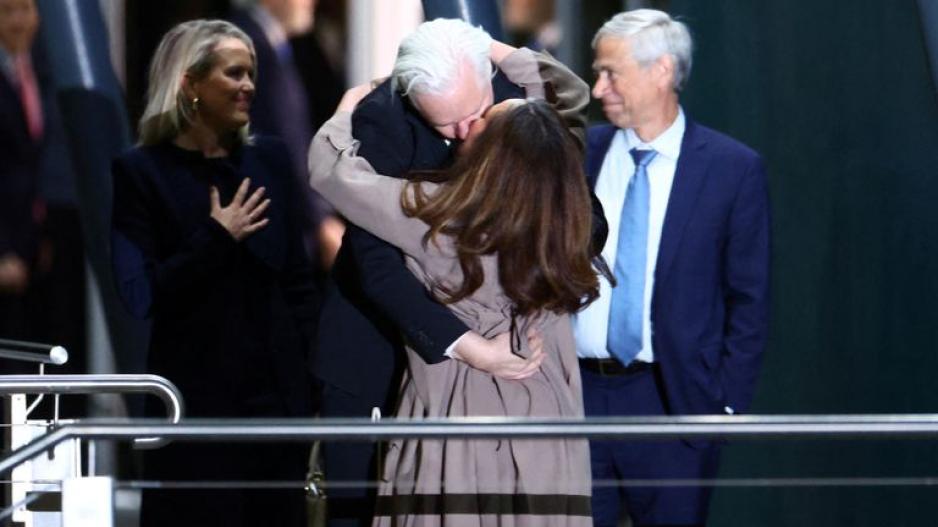
Australian Prime Minister Anthony Albanese, who supported Assange's release before taking office in 2022, welcomed him with a phone call. "We had a very warm conversation," he said.
However, the conservative opposition expressed concerns about Assange being portrayed as a hero.
Opposition Senate Leader Simon Birmingham welcomed Assange's release but added on Twitter that "he is not a martyr and has never been a political prisoner denied access to justice."
He warned Albanese against meeting Assange and suggested that his release might strain Australia's relations with the U.S. Australian Foreign Minister Penny Wong told ABC radio that Assange's release does not threaten U.S.-Australia relations.
The State Department announced yesterday that its involvement in Assange's case was very limited and reiterated its stance that Assange's actions endangered lives, despite the American judge stating that no harm came from the publication of the classified documents.
The White House emphasized that it had no involvement in the case, according to National Security spokesperson John Kirby, who added that the matter concerns the Department of Justice.
